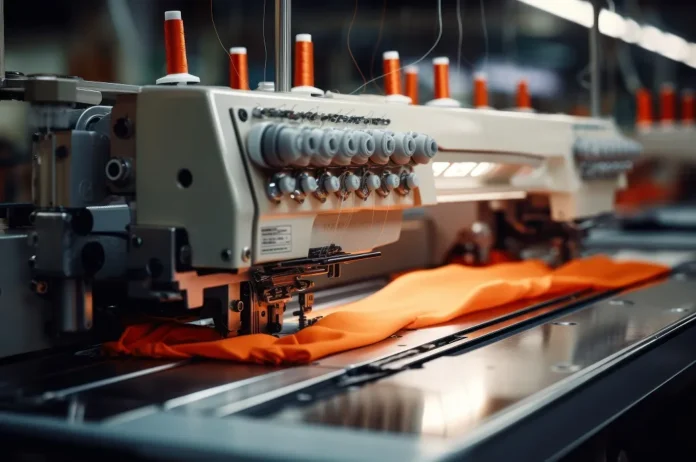The European textile and apparel industry is making a strong case for accelerating free trade agreements (FTAs) with key Southeast Asian nations. Euratex, the leading voice of the European textile and clothing sector, has urged the European Union to prioritize trade negotiations with Indonesia, Malaysia, the Philippines, and Thailand. These countries are seen as strategic partners for building resilient, competitive, and sustainable supply chains.
Euratex represents over 200,000 companies—many of them small and medium-sized enterprises—that collectively generate more than €60 billion in annual turnover. In a fast-changing global market, the association believes that diversifying trade relationships, especially beyond China, is essential. Enhanced access to Southeast Asian markets would help reduce tariff burdens, improve sourcing options, and strengthen Europe’s global competitiveness in textiles and fashion.
In its official position paper, Euratex outlined the need for comprehensive FTAs that go beyond tariff cuts. The industry is calling for stronger protections for intellectual property, streamlined customs procedures, clear rules of origin, and alignment with EU sustainability goals. These agreements, Euratex argues, must reflect modern trade realities—emphasizing responsible production, labor rights, and environmental accountability across the value chain.
Southeast Asia has emerged as a global textile powerhouse, with countries like Vietnam, Cambodia, and Indonesia playing critical roles in apparel manufacturing. Vietnam, in particular, has seen rapid growth due to trade deals such as the EU–Vietnam Free Trade Agreement (EVFTA) and the CPTPP. These partnerships have proven how effective trade liberalization can be in boosting exports and modernizing supply chains.
Indonesia, another key player, is actively pursuing the Indonesia–EU Comprehensive Economic Partnership Agreement (IEU‑CEPA) to strengthen its access to European markets. Nearly 30% of its textile exports are already destined for the EU, and local industry leaders see the FTA as vital for unlocking further investment, enhancing production technologies, and maintaining global competitiveness.
For Europe, these FTAs are not just economic tools—they are strategic measures to future-proof the industry. By expanding trade ties with ASEAN countries, European textile companies can tap into new sourcing hubs, improve supply chain flexibility, and meet rising consumer demand for ethical and sustainable fashion.
Ultimately, Euratex’s call to action reflects a broader trend: the future of fashion lies in smart, sustainable, and globally connected trade. If the EU can deliver timely and balanced FTAs with Southeast Asia, it could open the door to a new era of growth and innovation for the European textile industry.



